The hospitality industry is one of the major industries in hotel management, comprising five major sub-sectors. Those are lodging service, food and beverage service, tourism, events and transportation. At the crux, the hospitality industry emphasises providing services and products to customers, reinforcing recreational activities and boosting their well-being. It includes different activities focused on ideas of luxury, pleasure, enjoyment, and experiences, where the main goal is to supply great service for customer’s satisfaction.
An introduction to your multinational hotel chain
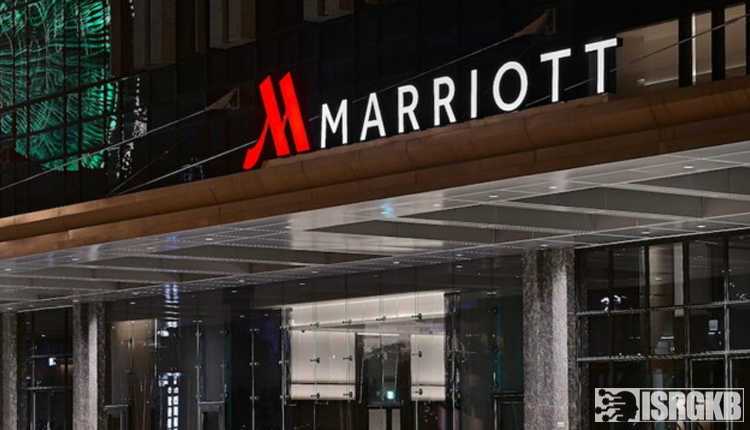
Marriott International, Inc., American hospitality, universally diversified company, was founded in 1927 and had its headquarters in Maryland, US with numerous multinational branches. It regulates and franchises a huge Valise of hotels and friendly resorting facilities. J. Willard Marriott founded this company. Bill Marriott, his son, now executive chairman, inherited the business. Arne Sorenson, the chief executive officer, then became the President (Ramadani et al., 2020). Being the largest hotel chain on the planet, Marriott International has a grandeur style and thus stands out better.. It has thirty brands with seven thousand four hundred and eighty-four properties in all of 131 territories and countries around the globe, with a count of over 1 million rooms (as of June 30, 2020), inclusive of 2,104, managed with over five hundred thousand rooms, 5,314 that are licensed or franchised with a count of over 8 hundred thousand rooms. Sixty-six owned or leased with fifteen thousand six hundred and forty-four rooms, plus an extra of almost 5 hundred thousand rooms in the pipeline construction and development, including 2.5 hundred thousand under construction. An additional twenty-eight thousand rooms approved for proper shielding and development but not yet considered under signed contracts (Howden-Chapman et al., 2008).
Amiability spawns credit for local economies as tourists always tend to spend money in hotels and restaurants. Travel and tourism account for 10.4% of global GDP. Whenever on a trip, the primary thing that serves the purpose is the hotel services. Now, these hotels have evolved to the 5-stars or 7-stars, seen today.
Your chosen chain of Hotels operation within a competitive business environment

Entrepreneurial strategies and business growth make perfect couplet. They have created concepts, principles and ideologies towards enhancing the managerial cause. In its approach, Marriott chooses a generic strategy to survive and stay at the top in the hierarchical pyramid for business, henceforth evaluating itself as the leading industry in the business operational environment (Kapferer, 1994). It focuses on the inner workings of a company. The keynote is struck this way.
The marketing choices it has made and the directions it has taken within marketing
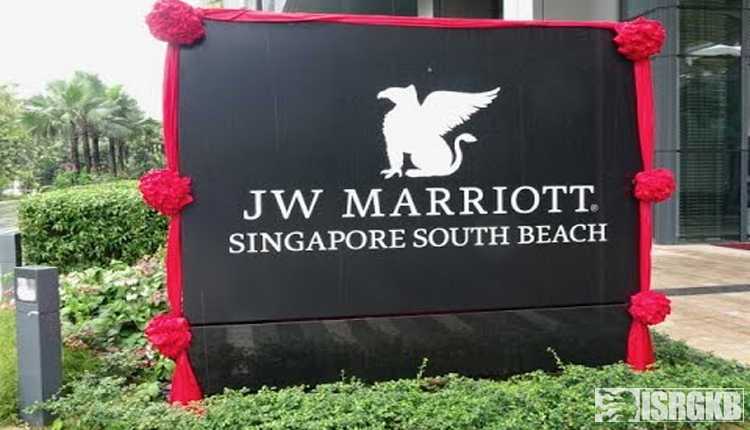
People are not into buying in old fashioned norms. These days hotels are booked more spontaneously, 49% book their rooms last minute and 58% books traditional lodging. These days social media has become a huge influence on people. Therefore, Marriott has partnered with many Snapchat influencers to post “snapisodes” showing their luxurious properties (Lin, 2019). They have used Facebook, YouTube, Instagram, Snapchat and other channels to reach different demographics.
They have started their own social media, M live to flaunt their guests in the spotlight and be a platform to interact with other guests, thereby creating an outstanding hotel marketing strategy already. They feature their guests, which creates enthusiasm to visit back again and again (Wallace, 2016). Marriott found the easiest way to stay in touch with their visitors and indulge in several activities through the app, which its competitors still could not get.
Hotel marketing strategies are critical. Marriott thrives on creating a loyal customer base from its foundation. Marriott has created a hassle-free ecosystem for its members where a reward member can get into their room without checking in at the reception. Members also redeem loyalty points for checking to redeem to get a free night or discount on the tariff. This is how Marriott makes its customers, rewarding members, which gives them a loyal customer base (Deighton et al., 2001).
The impact of globalisation on the organisation
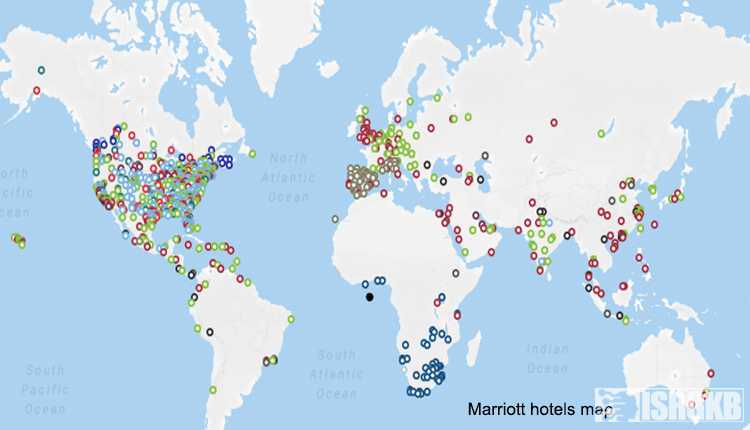
The globalisation of Marriot started after its splitting into Marriott International and Host Marriott Corporation. Globalisation and hotel are complementary to each other. In 1995, Marriot became the first hotel company in the world to avail an online reservation system by MARSHA(Marriott’s Automatic Reservation System for Hotel Accommodations). Marriott international started its globalisation with rapid acquisition of hotel chains like Ritz-Carlton, Renaissance Hotel group N.V., Ramada International, later in 2015 it acquired Delta Hotels, Starwood and became the world’s largest hotel chain which is like 1 hotel for every 15 hotels around the globe (Stringam, 2020). Marriot got the expansion of the United States, Europe, Asia, covering over 110 countries. Marriott has gone through a lot of changes after its global presence. It has adopted the local culture to interact well with the local people and show the visitors the essence of that culture. It also had to adapt many local foods while still trying to use the international standard. Another one of the impacts of globalisation and to be precise, the straightforward one is, hosting the Marriott flag increases the sales by at least 13% as compared to any other branch without it soaring high in the front. Surveys keep on proving it, and Marriott always escalates a step upward with each passing day. For goods and services, a wider market has been opened by globalization and hotels are going swiftly when concerned about the field. (Knowles et al., 2004).
Current market
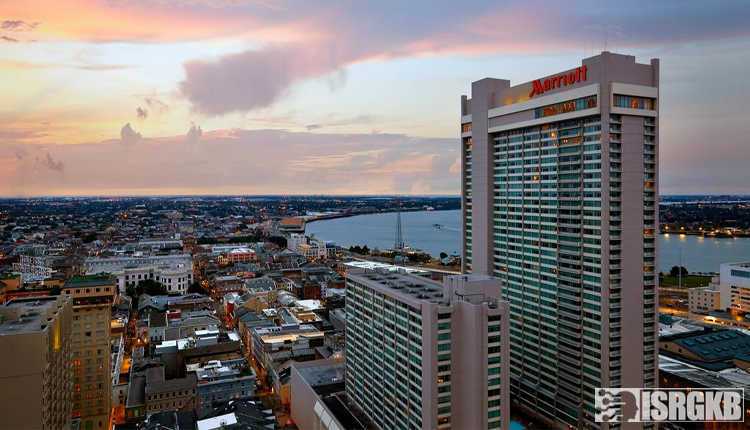
US-based hotel Marriott International upholds its core values, managing and franchising a large portfolio of hotels and lodging facilities. Since its establishment by J.William Marriott, Marriott has exponentially grown. It holds over seven thousand properties. Almost two thousand are outside the US mainly transpired by acquiring American chain Starwood Hotels and Resorts and Canadian chain Delta Hotels. Marriott’s market cap as of 02 November 2020, is 30.12 billion dollars, making it the leading hotel company worldwide in terms of revenue, leaving behind large hotel chains like Hyatt Hotels and Hilton worldwide (Bye, 2020).
Marriott still stands favourite making a soft corner in the people’s heart. Touching with extremely caring hospitality, everything feels just a push-of-a-button away—a perfect destination to relax on a trip with exceptional room service. Marriot can win over both the tongue and tummy with their finest chefs in the world and hygienic food. It is a package deal with well-equipped gymnasium, swimming pool, spa and indoor games.
Its competitors

Marriott International finds its roots as a century-old organization. It has dominion booking channels, owns massive scale properties, thereby outnumbering most other hotels in that sort, having accommodation for more than enough. An expanded loyalty program under the most innovative strategies paves the way too (Chathoth, 2016).
Some competitive hotels are as follows:
- IHG – Intercontinental Hotels Group
- Wyndham Worldwide Corporation
- Choice Hotels International Inc.
- Four Seasons Hotels Limited
- Hyatt Hotels Corporation
- Hilton Hotels and Resorts
- Accor Hotel
- Sheraton Hotels and Resorts
- Fairmont Hotels and Resorts Mandarin Oriental Hotel Group
How it positions itself within the global economy
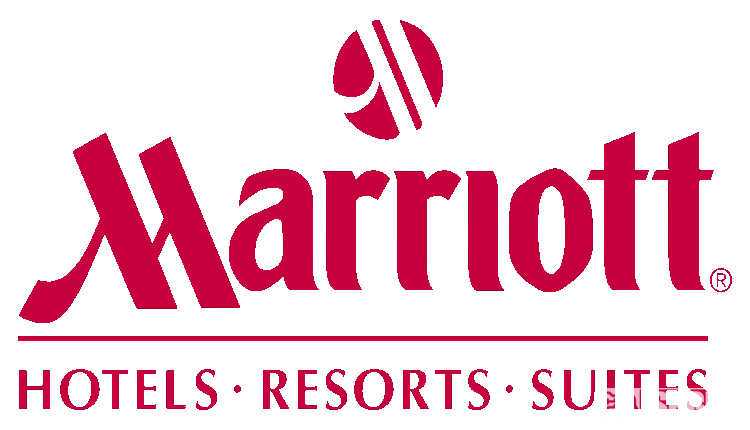
Marriott International has extended its branches and resulted in more than 3000 hotels over seventy countries. This company believes in local employment as it develops for providing sustainable economic activity.
Marriott also set a new record for signings of organic international rooms in Europe, the Middle East and Africa. For the same in the Asia Pacific, it sensed a future growth possibility in internationally crowded destinations where travel is surging. Thus, residents are seen joining Marriott International’s unified loyalty program rapidly (Rhoades, 2016).
The latest STR data shows that Marriott is the leading brand in luxury portfolios. It even overpowers the next three of its competitors combined. Stephanie Linnartz, Global Chief Commercial Officer of Marriott International, said, “Marriott’s owners are benefiting from a growing base of affluent, global loyalty members seeking travel experiences of a lifetime in sought-after destinations.”
Cultural factors on the organisation
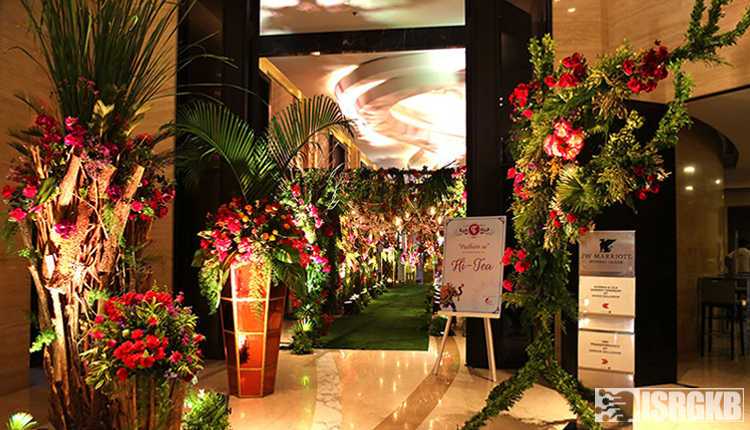
In J.W. Marriott Jr’s own words, “Culture is the life-thread and glue that links our past, present, and future.” This has been a long tradition of Marriott International with the motto, “Do Whatever it Takes to Take Care of the Customer” and “Good Food and Good Service at a Fair Price”. An entrepreneur with an out-of-the-box innovation will always predict the customer’s mind long before they realise it. Marriott’s culture actually comes into value when its customers and associates have treated showcases the flourishing successes (Davis, 1996). Customers who keep high expectations and seek out for a loyal brand they can continue adhering to must understand and fulfil their changing requirements. Marriott International fulfils it wholeheartedly. Coming up with perfect solutions to keep the customers satisfied is the goal. Marriott believed in the fair treatment of associates and their personal benefit by training programs and advancement opportunities (Wickham et al., 2020).
Conclusion

Every creative mind’s cognitive power should find its way into the world where it is paid attention to. Entrepreneurial organisations promise for the ability to accept challenges, with thorough nurturing and promoting innovations. This surely ought to bring out the best in future.
References
- Ramadani, V., Memili, E., Palalić, R. and Chang, E.P., 2020. Entrepreneurial Family Businesses. Springer Texts in Business and Economics.
- Howden-Chapman, P., Pierse, N., Nicholls, S., Gillespie-Bennett, J., Viggers, H., Cunningham, M., Phipps, R., Boulic, M., Fjällström, P., Free, S. and Chapman, R., 2008. Effects of improved home heating on asthma in community-dwelling children: randomised controlled trial. BMJ, 337, p.a1411.
- Kapferer, J.N., 1994. Strategic brand management: New approaches to creating and evaluating brand equity. Simon and Schuster.
- Lin, I.L., 2019. Facebook Users’ Electronic Word-of-Mouth Reactions Toward Business-to-Consumer Messages: Do Message Type and Media Type Matter?.
- Wallace, M., 2016. Museum branding: how to create and maintain image, loyalty, and support. Rowman & Littlefield.
- Deighton, J. and Shoemaker, S., 2001. Hilton HHonors Worldwide: Loyalty wars. October.
- Stringam, B.B., 2020. A profile of the hospitality industry. Business Expert Press.
- Knowles, T., Diamantis, D. and El-Mourhabi, J.B., 2004. The globalization of tourism and hospitality: A strategic perspective. Cengage Learning EMEA.
- Bye, V., 2020. Achieving the Required Surge in Investment and Growth?. In Cuba, From Fidel to Raúl and Beyond (pp. 49-74). Palgrave Macmillan, Cham.
- Chathoth, P.K., 2016. Historical evolution of hotel chains. The Routledge Handbook of Hotel Chain Management, pp.53-66.
- Rhoades, D.L., 2016. Evolution of international aviation: Phoenix rising. Routledge.
- Davis, S.G., 1996. The theme park: global industry and cultural form. Media, Culture & Society, 18(3), pp.399-422.
- Wickham, M., French, L. and Wong, T., 2020. Marriott’s strategic sustainability priorities in the Chinese hotel industry. International Journal of Sustainable Strategic Management, 8(1), pp.77-97.

